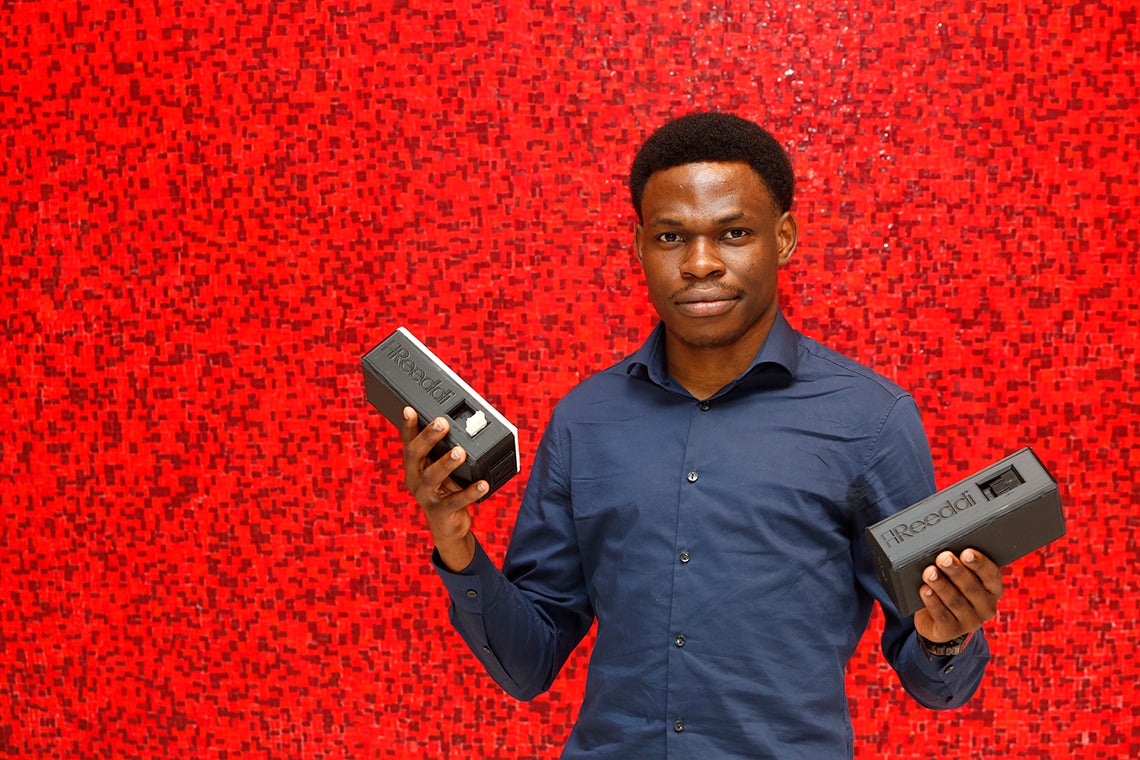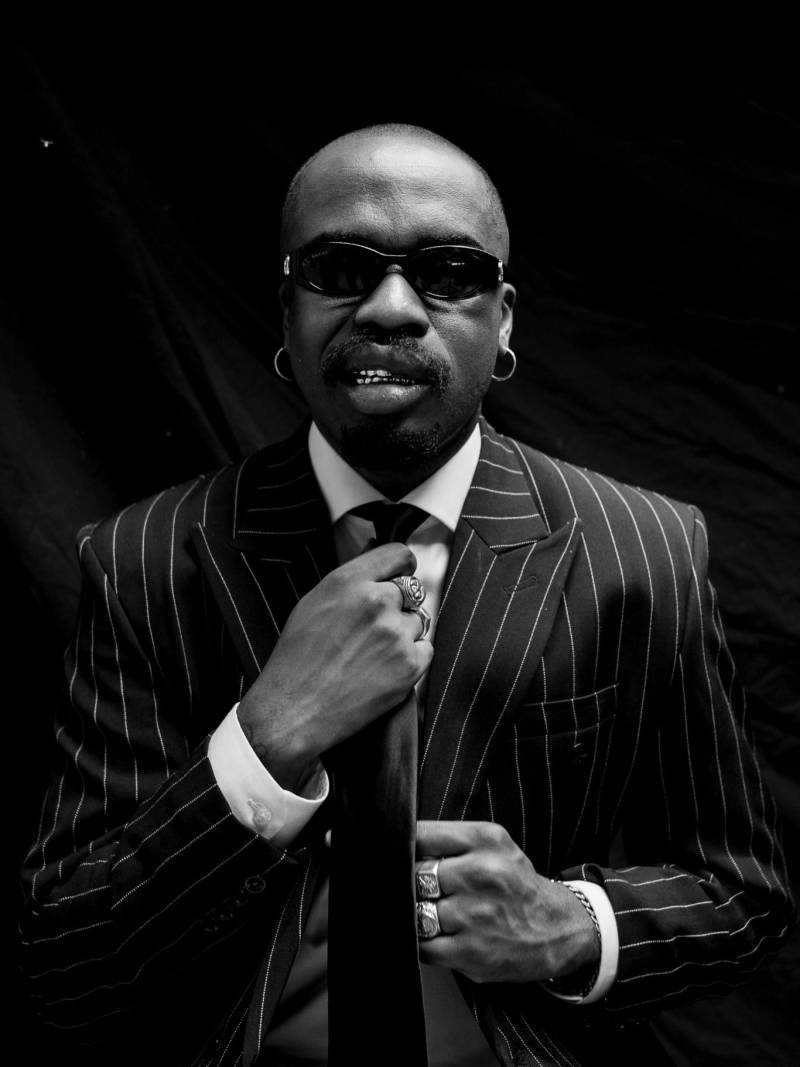According to the African Development Bank (AFDB), 640 million Africans have no access to energy, corresponding to an electricity access rate for African countries at just over 40 per cent, the lowest in the world. Although the country has the potential to generate about 11,000-12,000 MW of electricity from existing plants, Nigeria is only able to generate about 4,000 MW, which is less than one-third of what is required to provide for its population. The World Bank estimates that 85 million Nigerians do not have access to grid electricity. This represents 43 per cent of the country’s population and makes Nigeria the country with the largest energy access deficit globally. The lack of access to a reliable power supply poses a significant challenge to citizens and their businesses and about $29bn is estimated to be lost annually to an unreliable power supply.
According to Ayoola Olukanni, the Director-General of the National Association of Commerce Industry Mines and Agriculture, the majority of the businesses in Nigeria spend N5 trillion annually to generate their electricity. Challenges posed by lack of access to electricity and its irregular supply influenced Olugbenga Olubanjo to establish Reeddi in 2017. Reeddi innovatively provides clean energy and allied innovations at an affordable price to individuals and businesses operating in rural and urban African communities where access to reliable and affordable energy is a challenge. Reeddi’s self-study reveals that businesses and individuals in Nigeria spend more than 40 per cent of daily expenses on self-generated electricity; Reeddi reduces this cost to less than 10 per cent. In this interview with Ventures Africa, Olugbenga Olubanjo discusses how he uses the proverbial single stone to kill three birds by providing reliable power, lowering greenhouse emissions, and making energy more affordable to customers.
Kindly introduce yourself and tell us about Reeddi.
My name is Olugbenga Olubanjo, and I am the CEO of Reeddi Technology. Reeddi technology’s mission is to provide clean and reliable electricity to every part of the world. To accomplish this, we create one-of-a-kind innovations to address a wide range of issues. Our first area of interest is energy-related because it is the foundation for other innovations. The specific thing we build as a company is an energy capsule called Reeddi capsule, which is available for use at an extremely low cost.

When was Reeddi established, and what inspired you to launch this energy innovation?
I started Reeddi in 2017 when I moved to Toronto. Before moving to Toronto to further my studies, I had a background in engineering from the University of Ibadan in Nigeria. It was my first time outside of Nigeria, and I was surprised to experience uninterrupted power. Irregular power supply affects Nigerians, and everyone looking for a solution is turning to solar energy. I saw the need to look inward to see how we could build something that blends with people’s lifestyles without them having to spend a lot of money, and that’s how Reeddi was born. I wanted people to have access to a mobile power system. The challenge I faced after coming up with the idea, was figuring out how to build a system that allows people to have access to electricity on the go. To do that, we had to invent a rental model. This relieves people of the burden of spending a large sum of money upfront to purchase the capsule.
Where do you manufacture Reeddi?
It is a very complex web. We design here in Toronto, manufacture in Asia, then sell in Nigeria. Hopefully, we start manufacturing in Nigeria soon, but there are a lot of challenges surrounding that. We have to source batteries and other equipment outside Nigeria. Presently some of the things we do in Nigeria are packaging and printing to complement the other things we cannot do there.
How did you get funding?
We have some investments, but I started with my money. We also got some prizes and grants.
Where do people who purchase these capsules charge them?
The capsule runs on a hybrid system. You can charge it with solar power as well as with electricity. It is entirely up to you to decide how you want to use it. The energy is delivered in both AC and DC, allowing the device to provide valuable service in low to high energy operations to power our phones, AC, small refrigerators, and other home electronic gadgets.
How many units of Reeddi have you sold, and how much does a capsule cost?
We currently have approximately 500 capsules in Nigeria. We are hopeful that we will receive more. We currently sell a Reeddi capsule for N150,000, which is reasonable compared to other power sources. There is also an option to pay in instalments. Reeddi capsules are available on Jumia.
Do you also sell outside Nigeria?
Yes, we sell outside Nigeria if need be. We are currently selling some to Australia, and we have a branch in Toronto now. We had someone from Australia contact us, so we will sell some capsules to them in Australia.
Are there any other services Reeddi offers?
Yes. We monitor customer energy consumption. When you buy a capsule, we track the greenhouse gas emissions you saved and at the end of the day, we reward you for saving the earth based on that condition. Another thing we will do based on the digital infrastructure we built is rent out equipment that works with the capsules because some of the people who rent the capsules also rent the equipment. For example, drones, cameras, etc. So, right now, we are looking into the possibility of using the platform to rent out other items.
Can you tell me about some of the business challenges you have encountered?
There are numerous. Raising capital for Reeddi was one of the most difficult challenges we faced. I started Reeddi with my scholarship money at the University of Toronto, and it was tough at that point. Negative thoughts began to creep in, and I began to tell myself, “Guy, this thing better work.” Right now, funding is still a challenge. More funding would allow us to accelerate the pace of things while also lowering the cost of manufacturing. Another issue we face is a lack of education. For our type of business, we have noticed that there’s a lack of education in the market about what customers should buy, particularly in Nigeria. People do not realize what they are offsetting when they purchase a tokunbo (secondhand) laptop. They are unaware that they are incurring additional financial obligations as a result of using energy devices, so we are working to educate the general public on some of these issues. We discovered that in addition to addressing the energy crisis and increasing sales and profits, people must be educated. There are also a lot of fake energy systems in Nigeria. People simply come in and dump a bunch of fake items in the market. And people need to be educated about that. While the government is focused on increasing the amount of energy in stock, education is extremely low. So we intend to educate a large number of people about the dangers of purchasing tokunbo and counterfeit items. As previously stated, our goal is to create clean innovations. When we notice friction that we can resolve, we try to resolve it or partner with people who can. We have currently developed a platform that allows us to track users and expel customers from our system. We don’t want people who use our system carelessly. To make our platform more secure for rentals, we track a lot of things. We collect your NIN, take your pictures, and do our best to get other important customer information.
Can you comment on the health and environmental benefits of your product?
When you rent a Reeddi capsule, we calculate the emission efficiency for you and tell you how much greenhouse gas you saved for health and environmental reasons. The Reeddi capsule eliminates the fumes and noise associated with generators. These are some of the things we are trying to make customers see. That some energy alternatives are not only unsustainable but also dangerous to one’s health.
How have your international recognitions influenced your visibility?
We received a couple of awards from the University of Toronto, and the awards helped us gain a lot of visibility and form partnerships with a lot of people. We received the American Society of Mechanical Engineers Award last year, which gave us increased credibility and a partnership we are very excited about.
What do you think the government of Nigeria can do about the energy sector?
The federal government is doing a lot of things, including rolling out a slew of incredible programs to address some of the challenges in the energy sector. One of the reasons we entered the energy business is that energy is fundamental to all other divisions. One of the issues I believe we are still dealing with is the valuation issue; we produce in dollars and sell in naira. It is increasing the cost of these items for Nigerians, and we have no control over it. So the foreign exchange issue remains a significant challenge for many businesses, but the government is doing a commendable job. The government is doing well in pushing policies for the energy sector, but the financial policy is affecting manufacturing companies.
What are your long-term goals?
We intend to work with several banks. I cannot tell you what we are doing because I do not want to give away the innovations we are working on. Reeddi has a fantastic team in place to make all of this happen.
Ventures Africa



